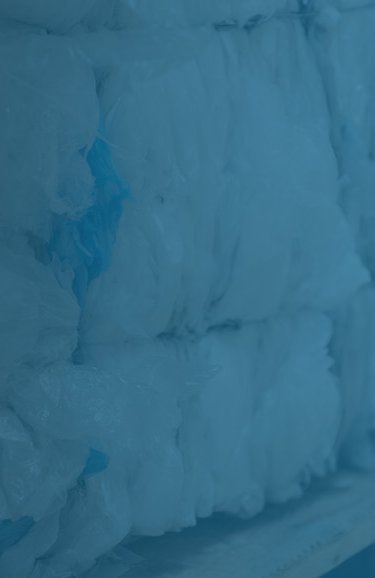
Can plastic be baled?
Read more about whether plastic can be baled in our useful and informative guide to balers and compactors.
Can plastic be baled?
Plastic is a material that can be baled and is among the most common materials to be pressed. Other suitable materials for bailers are cardboard, aluminium, paper, and non-ferrous materials. Please inform yourself about what materials can withstand the baling process before you begin compressing materials, as some machines only work with certain types of plastic.
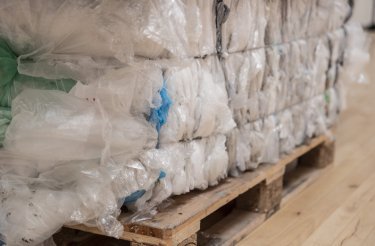
What types of plastic can a baler compress?
There are more types of plastic balers and each should be used according to the type of plastic that is going to be compressed.
LDPE. Plastic bags like frozen food and bread bags and squeezable bottles like honey and mustard can be compressed by a baler for LDPE. Balers for foil (LDPE) are mainly used in the commercial, industrial, and service sectors, where goods are secured on pallets, and come in many sizes, ranging from low to high compression ratio.
PVC. Balers for polyvinyl chloride can compress strong and rigid plastic materials like those found in TVs, computers, electronics, and various accessories. These are more rigid than other plastic materials, so they need a high-pressing-force baler with rigid construction.
PET bottles and plastic containers. The most common examples here are oven-ready food trays and soda bottles. The food industry has difficulty disposing of plastic containers or PET bottles, especially since the world relies heavily on plastic. However, companies must choose a suitable baler and puncture or unscrew PET bottles’ lids before compressing them.
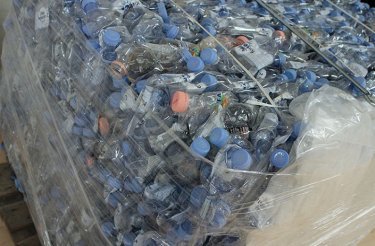
How’s the baling process carried out?
Balers compress the plastic into a block (bale). This technique helps minimise plastic waste’s volume, optimise storage, and streamline the transportation process. Other than this, balers reduce waste disposal costs and turn waste into valuable products.
To maintain the block’s shape, cords, hoops, wires and wrapping are used.
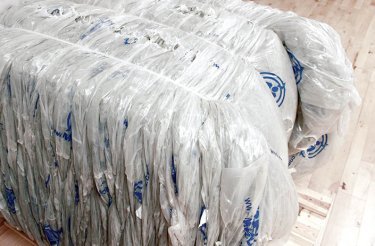
What makes businesses adhere to this practice?
Companies generate significant amounts of unrecyclable plastic, and dumping it in landfills is a time-consuming, costly, and overwhelming burden. Plus, because global plastic waste reached 353 million metric tons last year, consumers now want to see businesses adopt sustainable practices. This means that companies wishing to maintain a positive image must dispose of the generated waste in an environmentally harmless way.
Managers know that a positive image attracts customers, while a negative one does the opposite. Therefore, before rushing to dump the plastic their businesses produce at the landfill, they consider how such practices affect their company’s bottom line and use balers to dispose of their plastic waste.
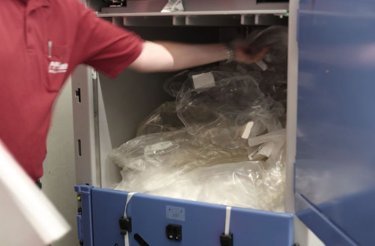
How can we help?
Contact us if you want to hear more about how Mil-tek can help your company optimize your waste management.
We will get in touch as soon as possible.